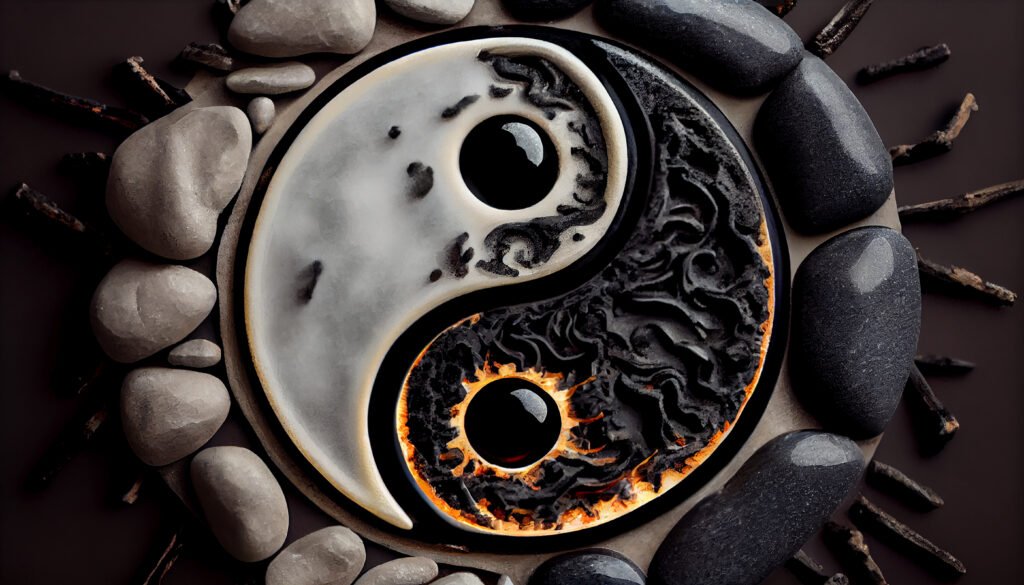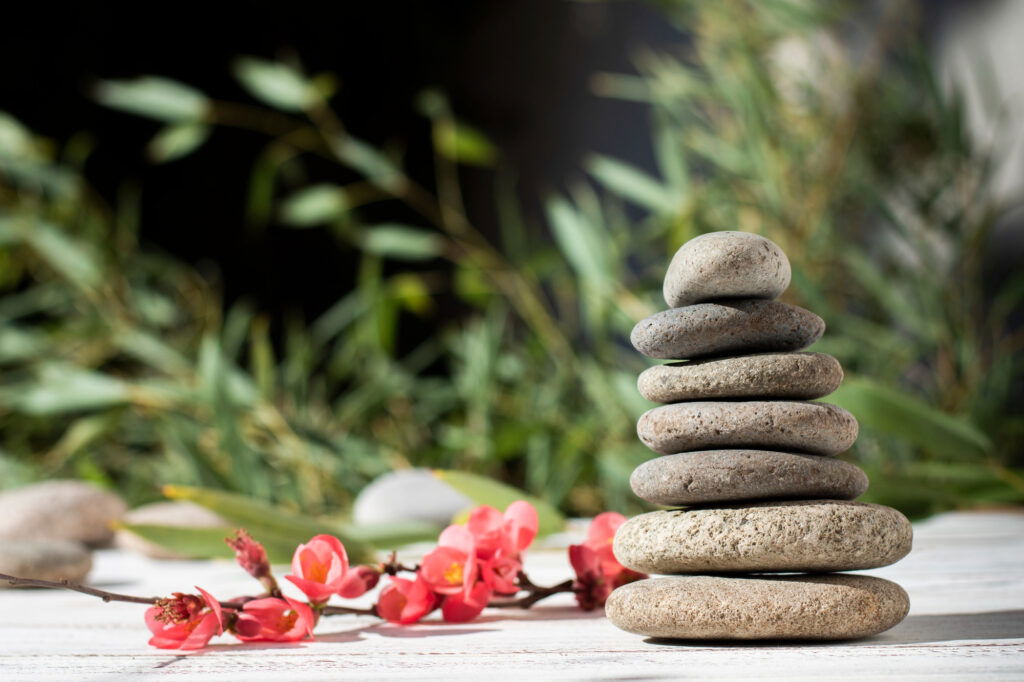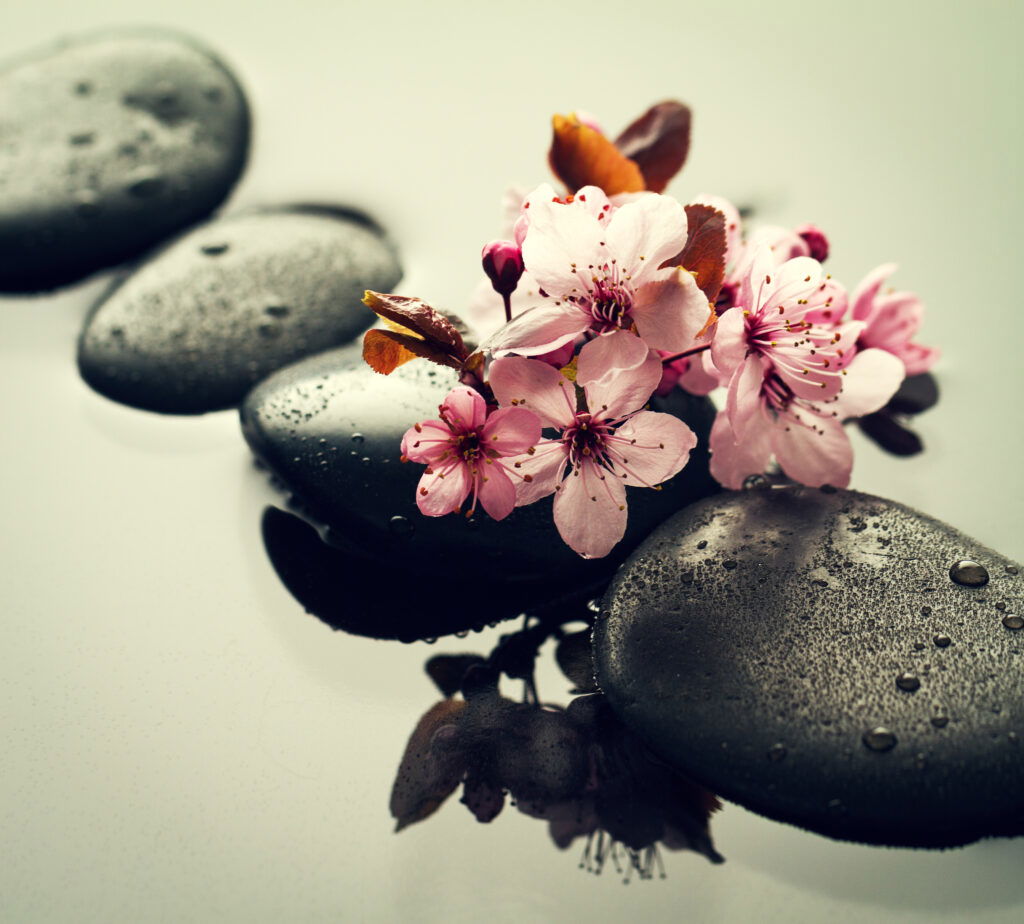Exploring the Ancient Art of Feng Shui Unveiling the Wisdom of Feng Shui
Feng Shui, a Chinese art and philosophy with roots extending over 3000 years, has a rich history of being used to select auspicious lands, locate suitable sites for emperor burials, determine palace and building placements, and design grand cities. During its early days, Feng Shui practitioners harmonized with nature by observing and studying the behaviors of wind, water, earth layers, and other natural elements.
In the early 20th century, Feng Shui faced suppression by the Communist regime, leading many practitioners to leave China and spread its principles to neighboring countries and eventually even to the Western world, including the United States.
The Essence of Feng Shui:
Feng Shui is an ancient Chinese practice centered around creating a harmonious environment by arranging your possessions in a specific manner. The ultimate goal is to allow the free flow of natural energy, known as Chi or Qi, through your home. This energy is believed to influence our health, happiness, and success. Feng Shui enthusiasts assert that by reorganizing our furniture, using certain colors, and employing specific objects, we can enhance the flow of Qi in our lives.

Understanding the Concept of Qi:
Qi is an ancient term used to describe the invisible, such as sound waves, heat, and aroma particles – all forms of energy. In its essence, Qi is the “life force” or energy possessed by all living things. It’s the same energy you feel when elated, like after a good workout or when experiencing happiness.
Qi also pertains to spatial energy – vibrations sensed through warmth or electrical charges, audible through either disruptive noise considered negative Qi or uplifting music seen as positive Qi, and even sellable through airborne particles like fragrances.
It’s believed that human energy surpasses Qi energy, which is why surrounding ourselves with positive individuals is encouraged.
Unveiling the Feng Shui Concept:
The literal translation of Feng Shui is “wind-water,” symbolizing the essential elements of life. Just as life is sustained by air and water, these elements play a pivotal role in Feng Shui philosophy.
The core purpose of Feng Shui is to manipulate the flow of energy, creating an environment that promotes good health, wealth, and happiness.

Various Feng Shui Schools:
According to Feng Shui expert Basma Al Jadir, various schools have emerged due to the global spread of Feng Shui. Among them, three major schools are recognized:
1. Classic Feng Shui:
Connects human destiny to the environment, emphasizing balance and attracting positive Qi flow.
2. Black Hat Sect (BTB) Feng Shui:
Originating in the US, it employs specific models placed at home entrances to attract positive energy and luck, focusing on the Bagua, not the compass.
3. Modern Feng Shui:
Blends classic techniques with Western tastes, using colors and images to align with modern sensibilities.
Exploring the Bagua:
The Bagua is a Feng Shui tool, historically a part of the compass, representing eight trigrams and the five natural elements. It aids in identifying favorable locations in homes and workplaces. Each direction corresponds to various aspects of life. East signifies family, South represents fame, West represents creativity, North represents career, Southeast is for wealth, Southwest signifies love, Northeast stands for knowledge, and Northwest represents helpful people.
In Feng Shui, arranging your home to maximize space for each element in its corresponding direction is fundamental.

The Five Elements of Nature:
Feng Shui believes in the importance of the five elements for creating positive responses: water, earth, metal, fire, and wood. Each element carries distinct qualities: wood symbolizes growth, earth embodies stability, metal signifies strength, fire represents passion and energy, and water embodies intuition and creativity.

These elements align with different geographic directions: wood corresponds to the east, fire to the south, earth to the west, metal to the north, and water is central. Each element brings specific benefits to those living in that direction.
In embracing the wisdom of Feng Shui, we discover an ancient philosophy that continues to influence how we shape our environments for harmonious living, balanced energies, and overall well-being.

